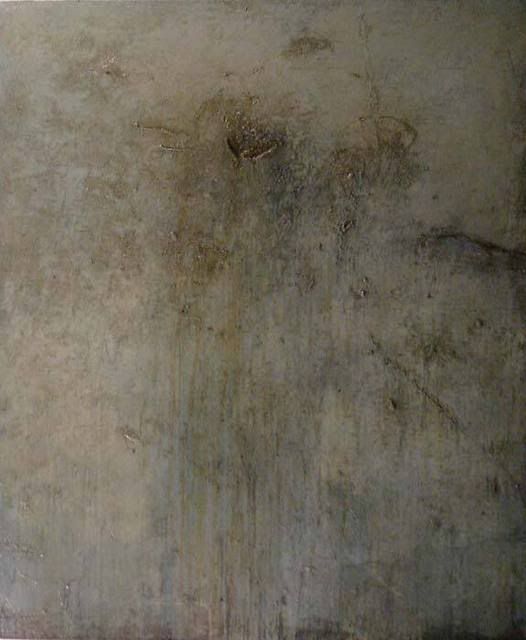This week the chief prelate of the Church of England, the widely respected Archbishop of Canterbury, Rowan Williams, suggested that
England find a way to accommodate the traditional forms of Shariah law, especially with respect to family disputes, within the legal structures of the United Kingdom. Williams is a scholar and academic with outstanding works on topics ranging widely from the Arian controversy of the 4th c. AD to the work of the Russian Orthodox theologian Sergei Bulgakov. This is hardly likely to be a spontaneous or thoughtless comment; instead it is likely to be the studied opinion of the most vocal and important spokesperson of the English government on matters of religion and faith.
In recent days I have been preparing to teach a course on world religions. It is not a task I relish since the whole discipline of world religions is a minefield of Orientalism. As a theologian, I am struck by the lack of systematic thought that has gone into the idea of dialogue with those who exist
extra ecclesiam. It has sparked in me a hint of admiration for Political Liberalism insofar as it has one of the most well conceived, systematic and coherent "theologies" of religion in the West. Insisting on the private and moral nature of religion, Political Liberalism has managed to sublimate the great traditions that preceded it under its banner. Its post-Christian Protestantism insistence on the separation of faith and works allows it to leave the beliefs of the traditions "intact" while nonetheless bringing the practice of all into accordance with its vision of who humans are and the nature of a stable human community. The Secular is not so much an a-religious space, but a transreligious one with new rituals and liturgical forms that organize and interpret - and ultimately relativize - the place of other traditions in the life of its citizens.
The allowance of parallel legal institutions with the UK strikes at one of the central tenets of Politically Liberal "theology" of religions: the separation of faith and works. As a Roman Catholic the separation was never particularly appealing and it has always fascinated me the extent to which Catholics have failed to fight against it in their desire to enter into the mainstream of Liberal cultural and political life (JFK for instance had to embrace it in order to legitimize his candidacy). Nonetheless, when Liberalism begins to question the foundations of its own existence one has to wonder whether or not Liberalism has lost its faith. Is the Liberal experiment failed?
And what next from the Archbishop of Canterbury? It has been suggested that the creation of parallel religious courts will help Catholicism in such matters as adoption. Many adoption agencies in the US and the UK have run into problems as they are required, under existing law, to allow same-sex couples to adopt children (in the state of Massachusetts for instance, Catholic charities no longer arranges adoptions). But what else will be covered. Will divorces be denied to Catholic couples? What criminal charges will a husband be allowed to bring against his wife if he finds out she is using birth control? If he finds out she had an abortion - i.e., in the eyes of the Church, committed murder?
Where is Liberalism going?
